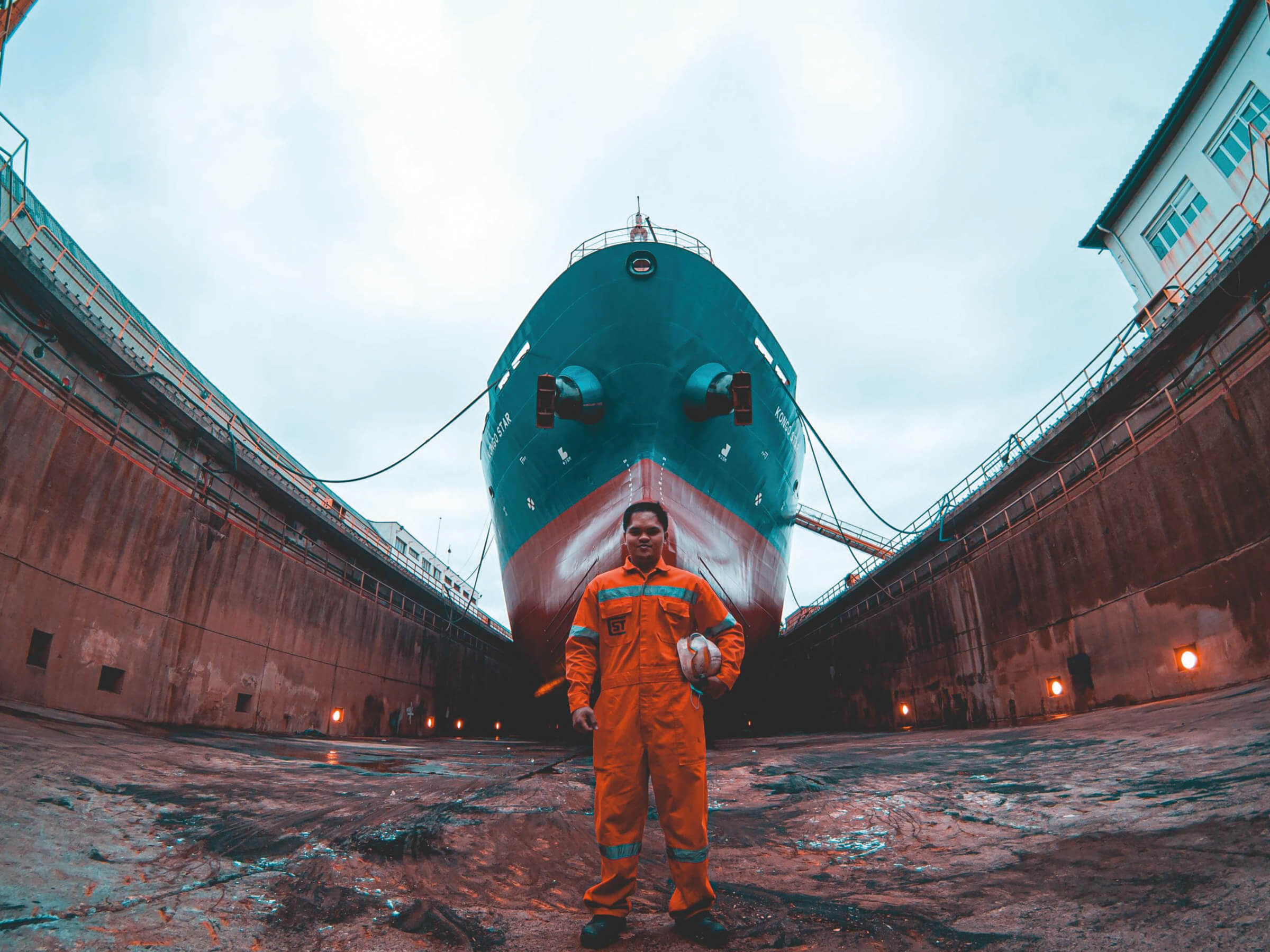Resources
A collection of free resources to help you raise funds and share the work we do

Maritime Just Transition Task Force operates with one mission at its heart: to make sure that the shipping industry’s response to the climate emergency puts seafarers at the heart of the solution.
Its purpose is based on the principle that while solutions need to be found to tackle the greenhouse gas emissions caused by shipping – currently at 3% of global GHG emissions – this must not be done at the expense of those who are the lifeblood of maritime, seafarers.
The Maritime Just Transition Task Force is an initiative formed during COP26 in Glasgow. It brings together key stakeholders, including the International Chamber of Shipping (ICS), the International Transport Workers’ Federation (ITF), the United Nations Global Compact (UNGC), the International Labour Organization (ILO), and the International Maritime Organization (IMO).
The Task Force seeks to strengthen and co-ordinate collaboration between industry, workers, governments, and academia towards a safe, equitable and human-centred approach to the transition as the shipping industry decarbonises.
This unique project and partnership led to the announcement last year of a new framework to provide the training needed to make sure seafarers are equipped to work with future fuels – ammonia, methanol and hydrogen.
The Just Transition principles that this work and the Task Force are based on have been set out by the International Labour Organization (ILO). ILO Just Transition guidelines state that greening the economy must be done in a way that is as fair and inclusive as possible to everyone concerned, creating decent work opportunities and leaving no one behind.
Training needs
Research commissioned by the Mari- time Just Transition Task Force in 2022 found that 800,000 seafarers could need more training by the mid-2030s to operate vessels run on zero or near zero emission fuels.
While industry globally is working to achieve zero emissions by 2050, the Maritime Just Transition Task Force is working on a framework that will make sure seafarers are equipped to deal with the changes that advancing technologies will inevitably bring.
That training framework, funded by the International Maritime Organization (IMO) and Lloyd’s Register Foundation, will equip seafarers with skills in decarbonisation and provide guidance for trainers and the industry.
Bringing that training to life has involved research and workshops, with further consultation to come. Training materials and instructor handbooks are in development and will include generic training materials, as well as a more specific awareness- raising programme, advanced training materials and a programme for officers responsible for operations related to the use of alternative fuels on vessels.
All this work will be fed into the International Maritime Organization’s comprehensive review of the International Convention on Standards of Training, Certification and Watchkeeping (STCW) which is being carried out alongside the task force’s programme.
Dr Tim Slingsby, director of Skills and Education at Lloyd’s Register Foundation, said: “The task force recognises that seafarers play a crucial role in this transition. They operate ships, face the challenges of new technologies, and are directly impacted by industry changes. Their wellbeing, rights, and livelihoods must be central to any climate action.
“We know that change can feel frightening, and we are determined to work with seafarers as well as shipowners to find solutions. It’s important for seafarers to know and understand that their voice must and will be heard in all this activity as industry works towards achieving its target for net zero emissions for shipping by 2050.”